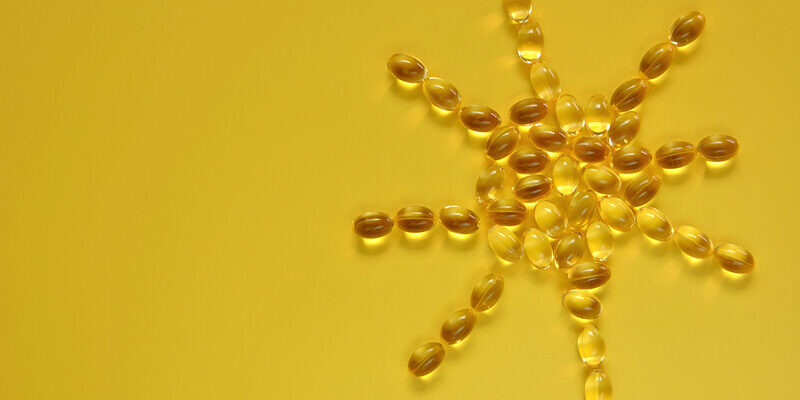By Erin Caraher, RDN, CDN
Vitamin D is a fat-soluble vitamin that plays a very important role in our body. It is different from other vitamins because your body can make its own vitamin D when you expose your skin to the sunlight.
Vitamin D is known for being good for our bones because it helps regulate calcium and phosphorus for the maintenance of bone density. Even if you eat enough calcium and phosphorus, without vitamin D, you won’t adequately absorb them.
Vitamin D:
- Aides in maintenance of healthy nervous and muscular systems by regulating blood calcium levels
- Aides in calcium absorption from intestines
- Helps with the formation of the skeleton, and the bones in ears for hearing
Research is now also showing that vitamin D has benefits that exceed just being good for our bones. Some functions that vitamin D helps with include the immune system, brain development, cardiovascular function, muscle function, respiratory system, and it may have anti-cancer effects.
The best food sources of vitamin D are cod liver oil, swordfish, salmon, milk (fortified with vitamin D), yogurt (fortified with vitamin D), sardines, eggs, cheese, and fortified cereal.
It has been suggested by researchers that approximately five to thirty minutes of exposure to the sun between 10am-3pm at least twice a week can lead to sufficient vitamin D production. People with limited sun exposure should include good sources of vitamin D in their diet to achieve the recommended 600 IU daily. Before adding a vitamin supplement it’s best to check with a healthcare provider who can determine the appropriate vitamins D dose based on lab tests if needed.
Erin Caraher, RDN, CDN is a registered dietitian nutritionist who works with Bariatric and Medical Weight Management patients to help them achieve their health and weight loss goals.

